On March 23, 2010, President Obama signed the "Patient Protection and Affordable Care Act" (also known as Obamacare" legislation) it was a historic bill that presidents of the United States have tried for more than a century but could not pass. The bill was widely debated in the US Congress and was vehemently opposed by several stakeholders by the courts. Obamacare not only survived but has now become popular and thriving. According to previous estimates, it has insured more than 40 million Americans who can sleep with peace of mind that God forbid that if a health emergency arises, they will be protected from bankruptcy from all health care expenses. The passage of another landmark legislation, the Right to Health Bill, this month in my home state of Rajasthan, should be understood in this context.
Being from the state of Rajasthan, India, I am expressing my views: Whether it should be called the "Right to Health Bill" or the Right to Treatment" is a matter of semantics, but the basic premise is to provide emergency health care to the most vulnerable among us. It is in the best public health interest of the people of Rajasthan. It is a strange irony that some fellow doctors in Rajasthan are opposing it instead of advocating it.
It is understandable that we doctors have our own area of expertise and comfort level and not all private clinics and hospitals are equipped to treat emergencies. The government has thoughtfully accepted this demand and restricted emergency health care to a select few private hospitals, which are otherwise obliged to provide care for the poor who risk losing their life-long livelihoods in an unfortunate health emergency due to out-of-pocket expenses (OOP), the highest in the world.
Of course, this is not a perfect bill and clearly has room for reform during implementation, but that does not mean that it should be trivialised or politicized or withdrawn. As we move forward and keep learning and doing so that it better meets emergency health needs in a more affordable and accessible way.
We must hold the government accountable for ensuring that adequate funds and timely reimbursements are made as promised. We ensure that people treat doctors with respect and that people understand the limitations of medical and medical professionals. At the same time, doctors have to learn to be empathetic and professional when communicating with patients during health emergencies as we are trained to better manage expectations and communication.
Rajasthan polity has finally respected the mandate of the people and hence we doctors need to respect our professional oath and try to be a part of the solution instead of being a part of the problem. Let us celebrate another milestone in the rich history of healthcare reforms in Rajasthan by successive governments.
The history of health care reform around the world has taught us that health care is a fundamental human right, not a privilege. The triple aim of healthcare and global standards are affordability, accessibility and quality and India cannot remain behind. The practice of medicine is becoming Patient-centric and not Doctor centric, so we also need to change with time. Let us change our mindset from (Doctor is God) to (Patient is God). We are professionals and do not belong to the streets, we belong to our patient's bedside in our clinics and hospitals and follow our original “Chikitsa Dharma”, isn't that why we went to medical schools, to begin with, and to serve society?
Writer Dr Brahma Sharma MD is a Senior Consultant at The University of Pittsburgh VA medical center, USA







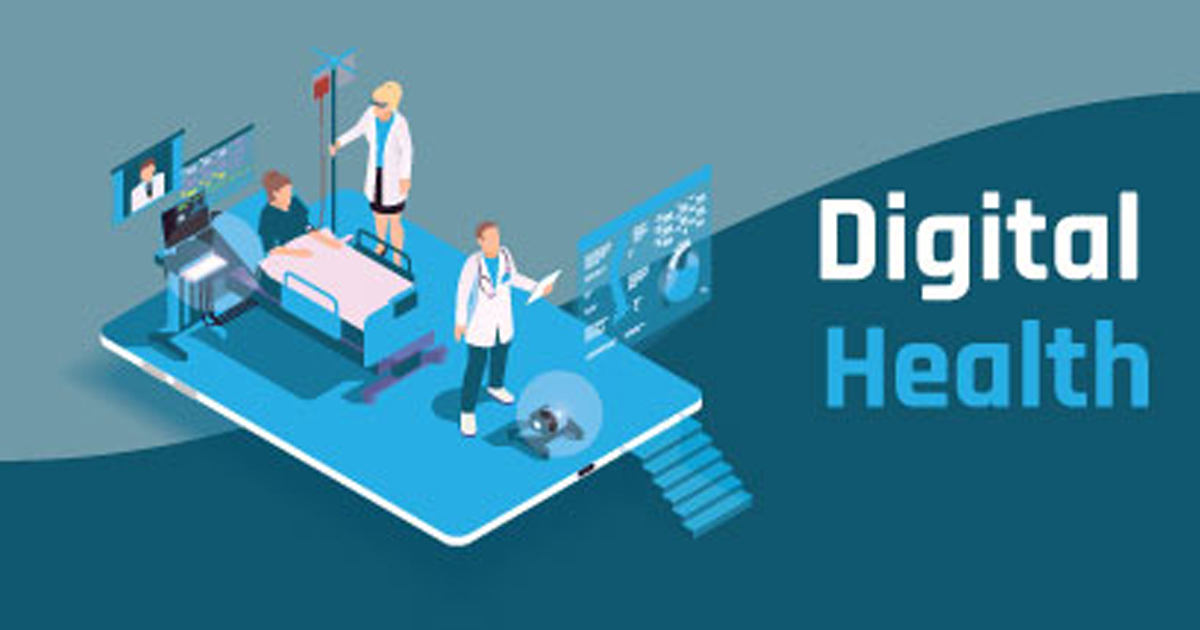
 OpinionExpress.In
OpinionExpress.In
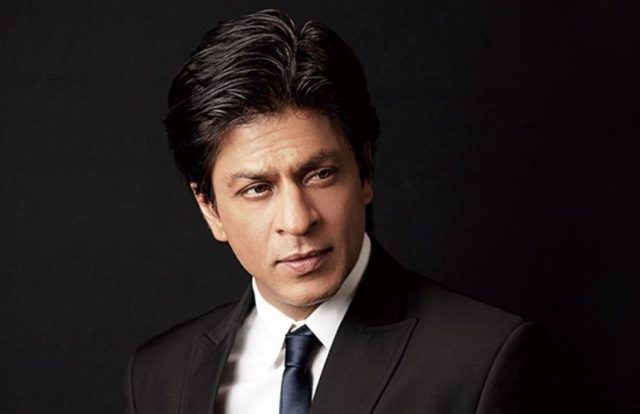
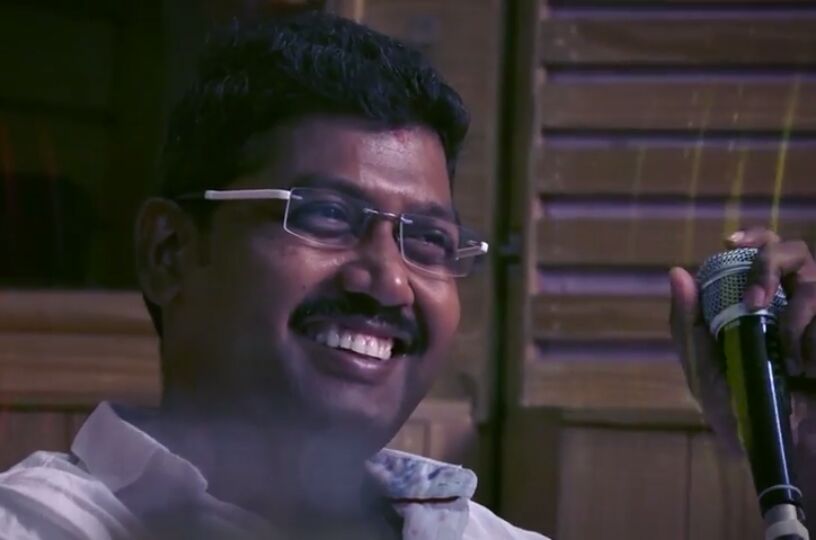
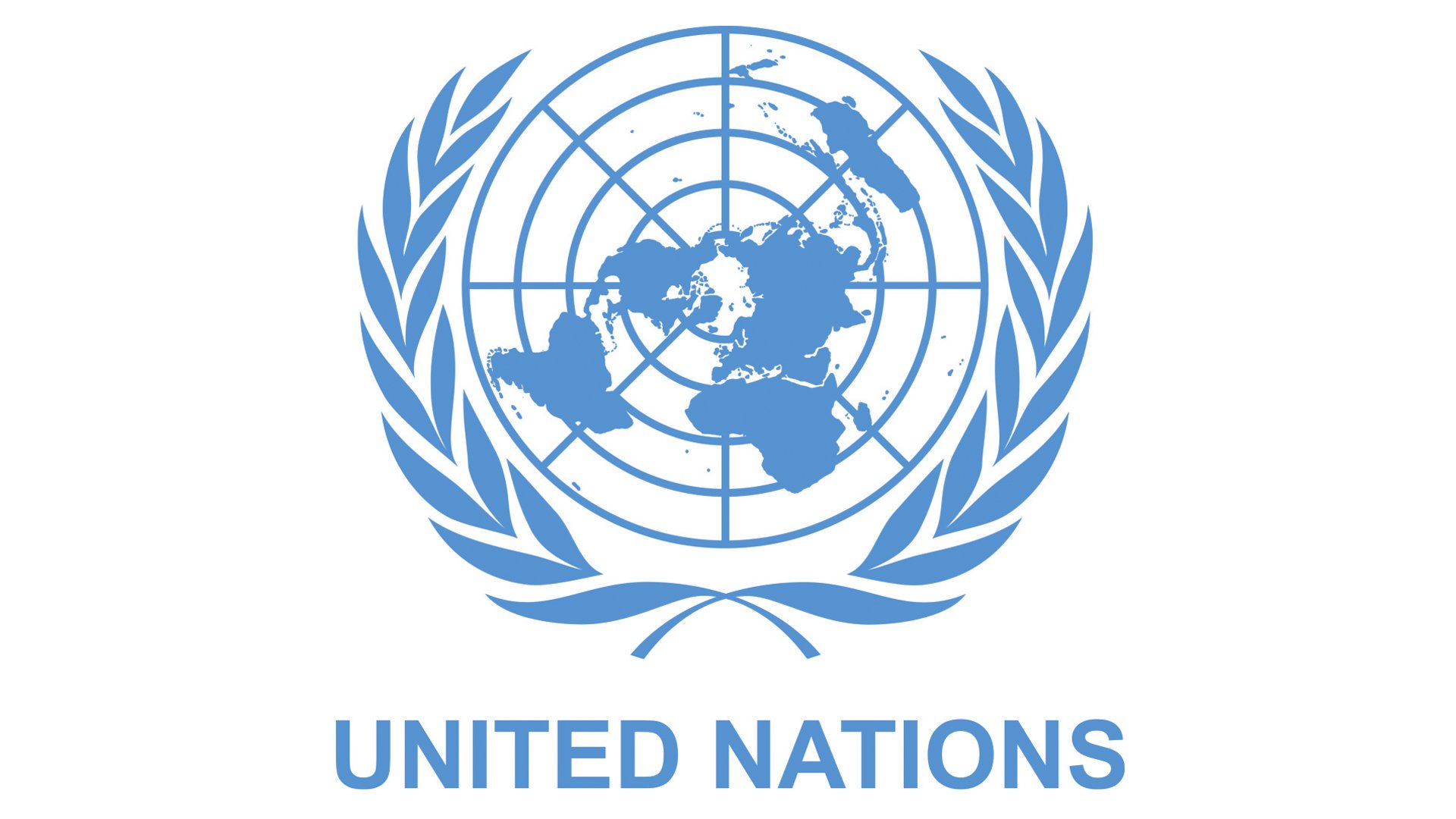

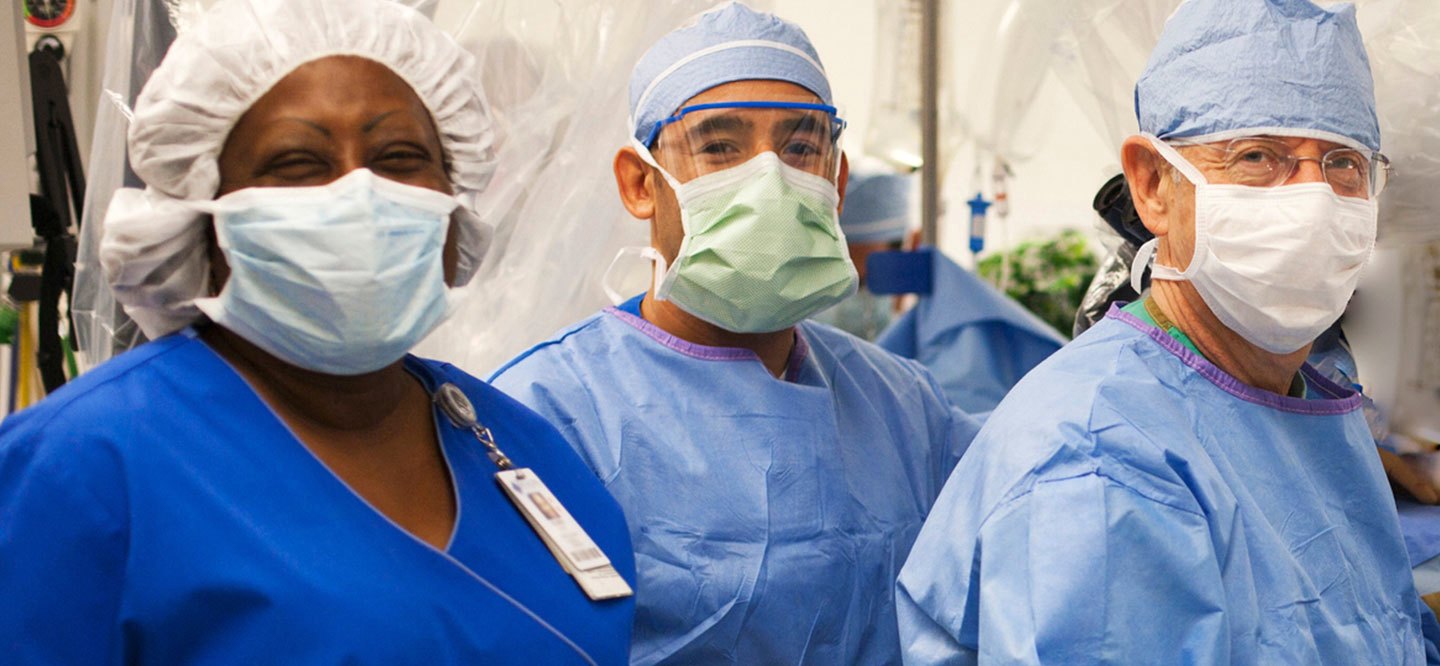
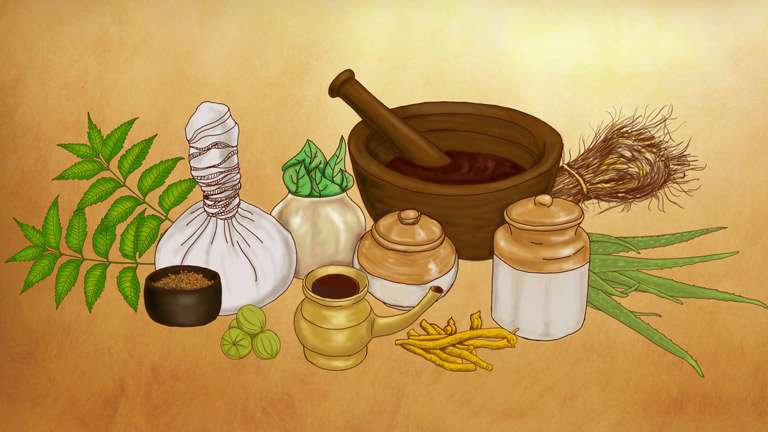
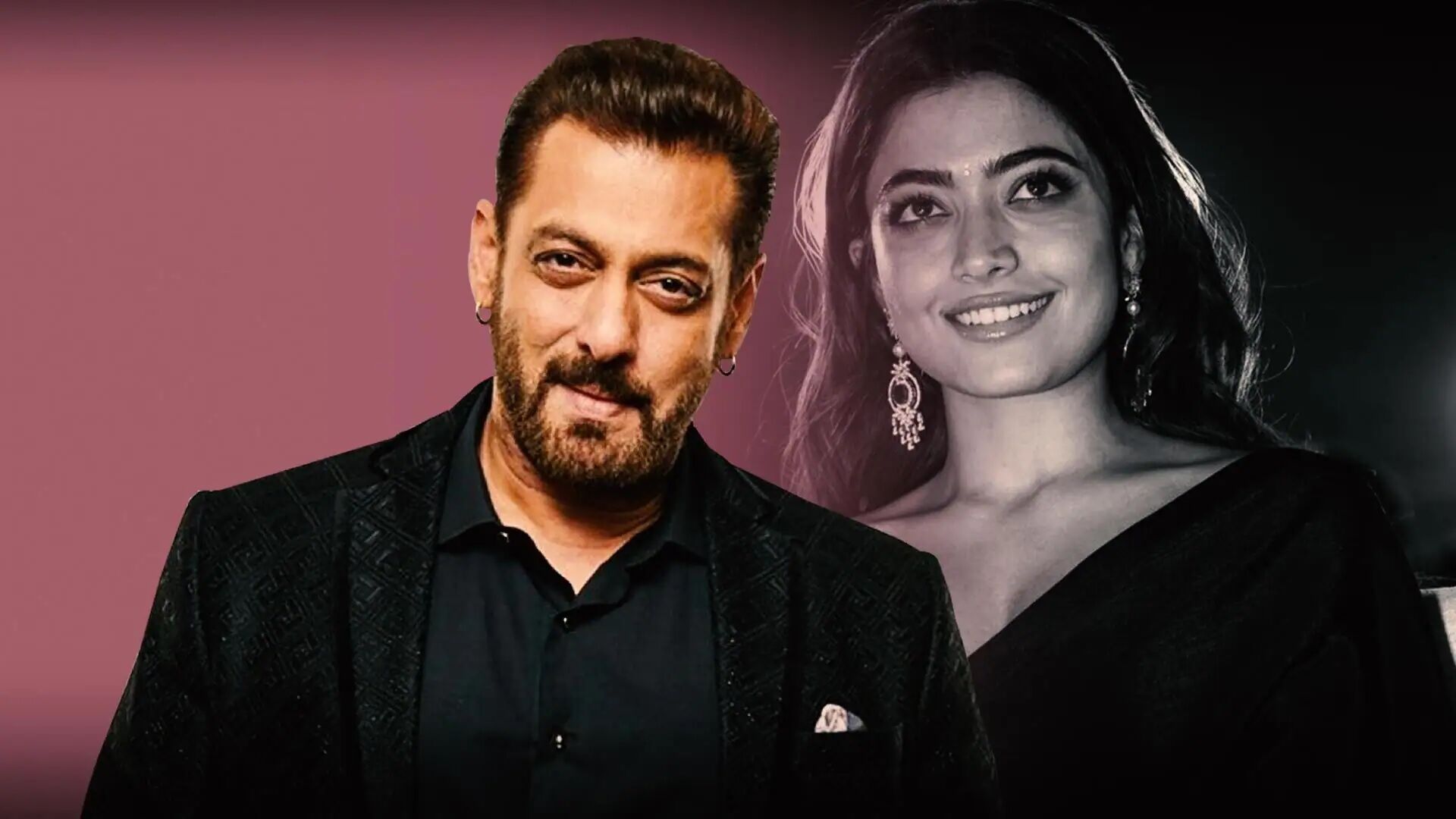
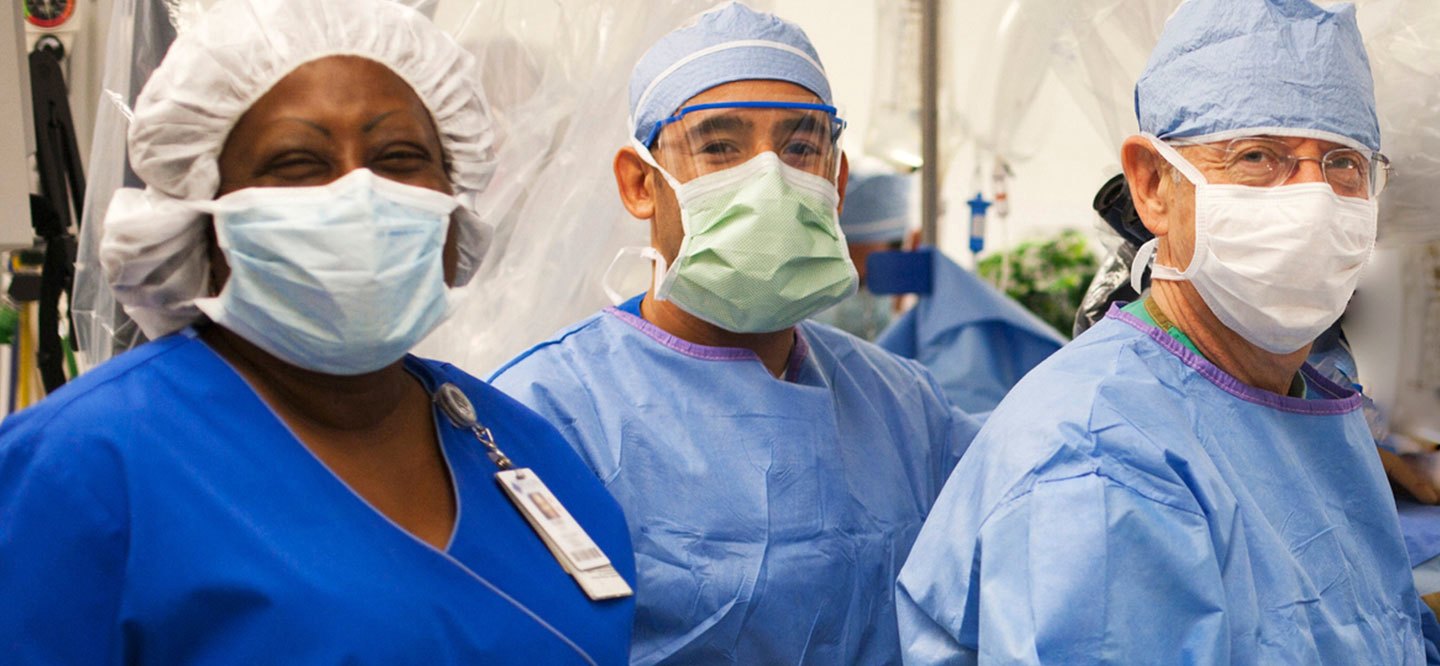
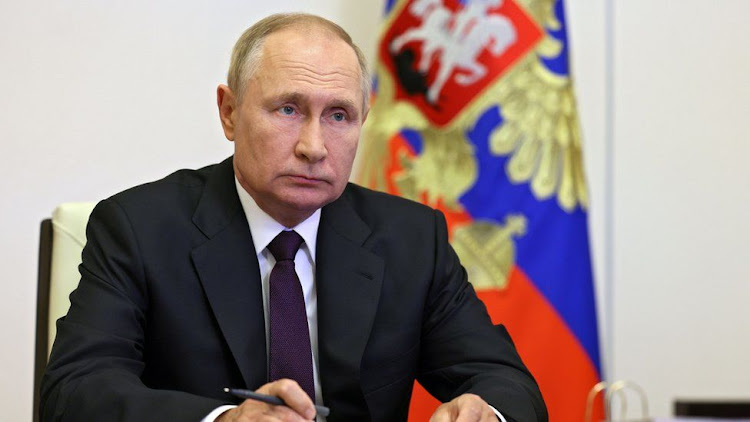






Comments (0)